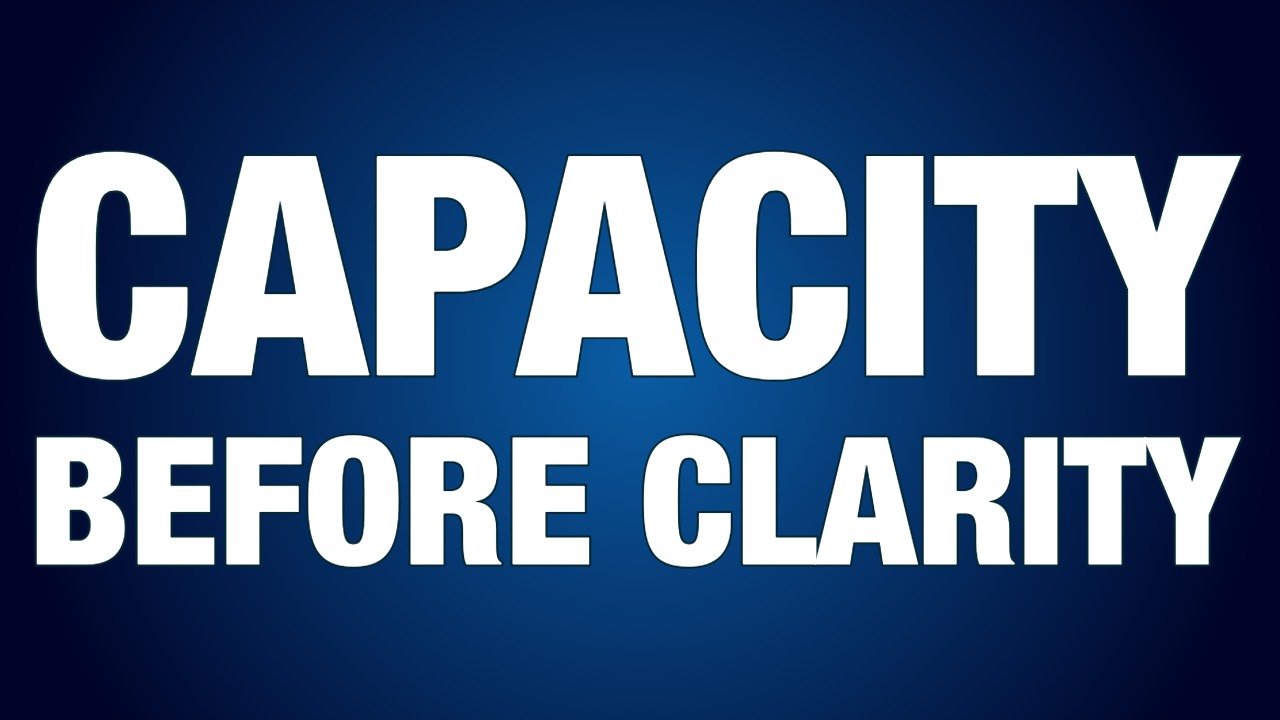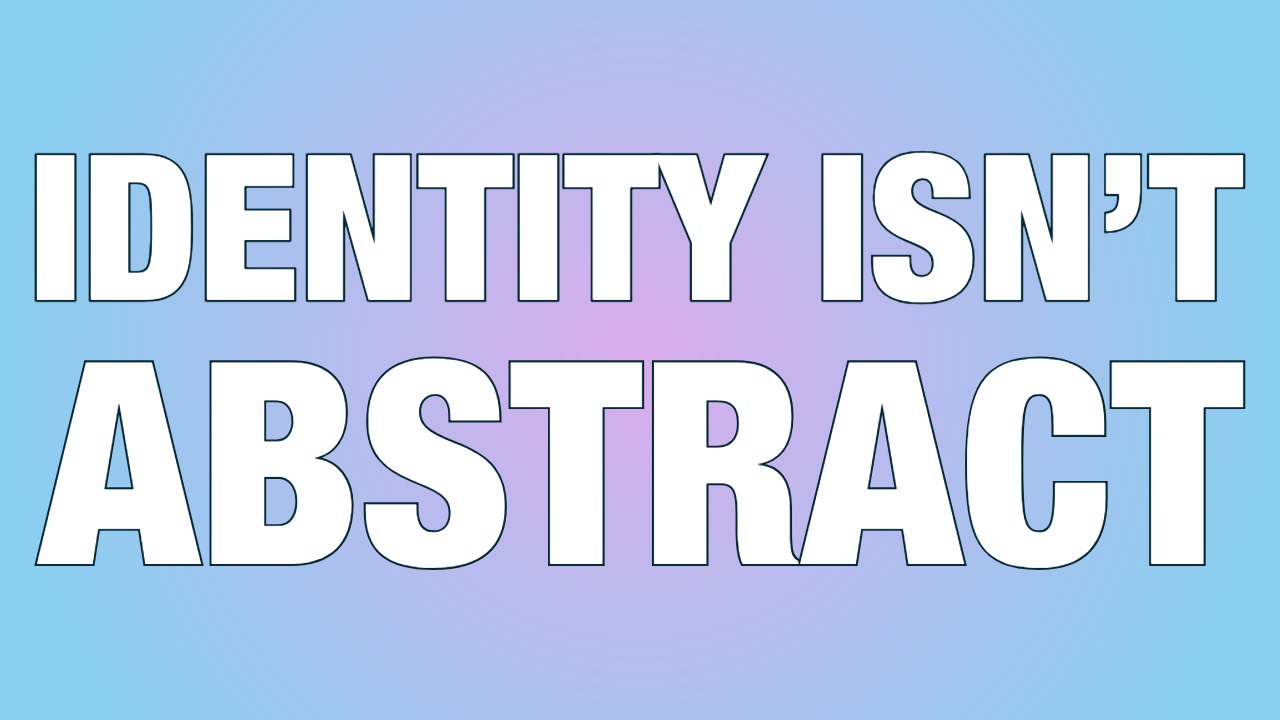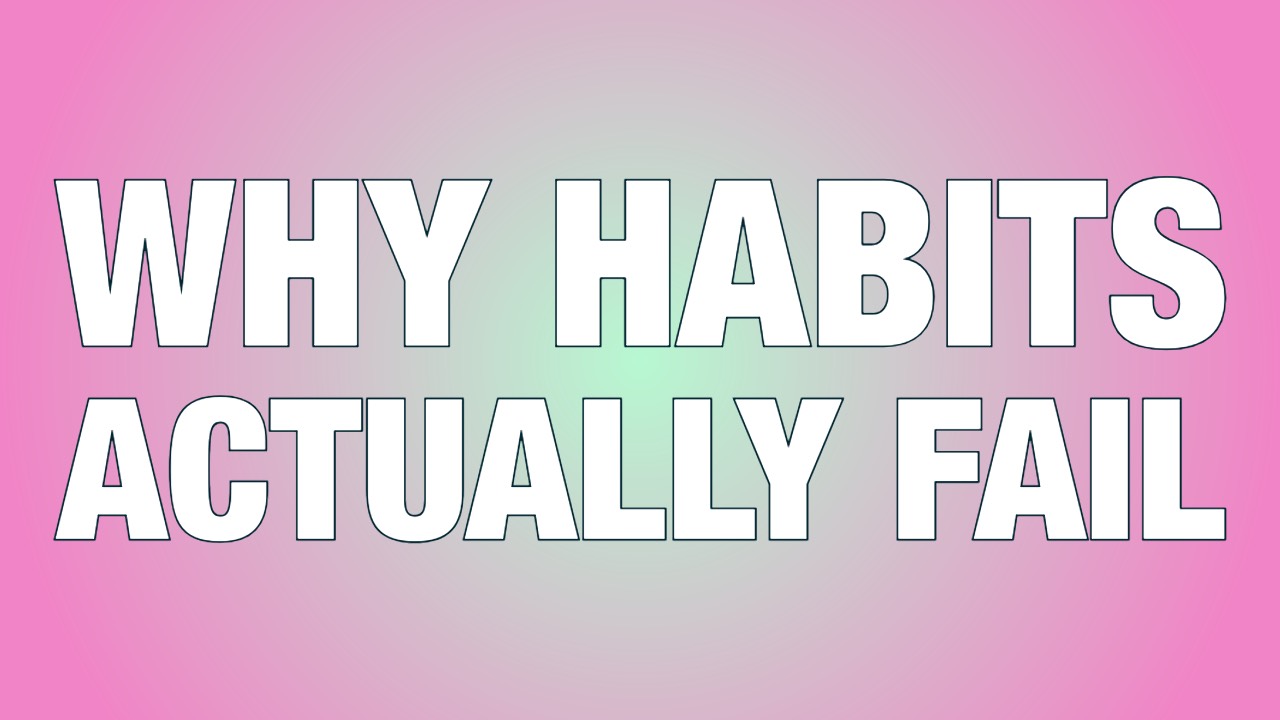Difficult ≠ Complex
Why We Invent Systems to Avoid the Brutal Simplicity of Hard Things
We’ve confused “hard” with “complicated.”
And it’s wrecking us.
Breaking up with someone? Simple: you say the words. Brutally direct. Two sentences and your life changes.
But instead, we spin a whole opera of justifications: timing, scripts, gentle fade-outs, astrological excuses, unread messages. Suddenly, something simple becomes complicated—not because it is, but because we don’t want to face the discomfort.
We don’t avoid tasks because they’re complex. We avoid them because they hurt.
The Emotional Smokescreen
Humans are geniuses at this. We invent complexity to shield ourselves from emotional pain.
Think about it:
-
Ending a toxic friendship.
-
Setting a boundary at work.
-
Telling someone you love them.
None of these are technically difficult. They don’t require advanced tools or specialized knowledge. They require courage. And courage burns.
So instead, we overcomplicate—endless research, flowcharts, journaling prompts—anything to make it feel like strategy, not fear.
The Business of Manufactured Complexity
Here’s where it gets sinister: an entire self-help industry thrives on this.
Every “proven framework,” every 9-step course, every $999 webinar is built to sell you the illusion that your problems are complex puzzles only they can decode.
But the truth? Most of your problems don’t need complexity. They need nerve.
The industry doesn’t sell solutions. It sells avoidance wrapped in structure.
Psychology of Avoidance
Psychologists call this cognitive avoidance: our tendency to spin, rationalize, or over-plan to reduce emotional exposure. It’s the brain’s way of tricking itself into safety.
But safety is stagnation. The more elaborate your avoidance, the longer you stay stuck.
Meanwhile, the actual path forward remains simple. Painful, yes. But simple.
Difficult Is Honest
Let’s strip this down:
-
Complex is building a spreadsheet to “weigh the pros and cons” of breaking up.
-
Difficult is sitting across the table and saying, “This isn’t working.”
-
Complex is reading five books on boundary-setting.
-
Difficult is telling your boss, “I can’t work late tonight.”
See the difference? Complexity flatters your intellect. Difficulty tests your guts.
Living the Simplicity of Hard Things
So how do you stop hiding behind complexity?
-
Call it what it is. Ask: Am I avoiding emotional discomfort by making this complicated?
-
Cut the choreography. Stop drafting scripts, plans, or 20-step rituals. Say the line. Make the call.
-
Accept the burn. Courage is supposed to sting. That’s the toll for growth.
-
Measure by action, not planning. Did you do the hard thing? That’s the metric.
Final Word
Life isn’t as complex as we pretend. It’s just emotionally expensive.
And until you stop equating “difficult” with “complex,” you’ll keep outsourcing your courage to systems that don’t save you.
So here’s the challenge:
Where in your life are you hiding behind complexity when what’s needed is one brutally simple, difficult act?
Do that.
No system required.




Responses